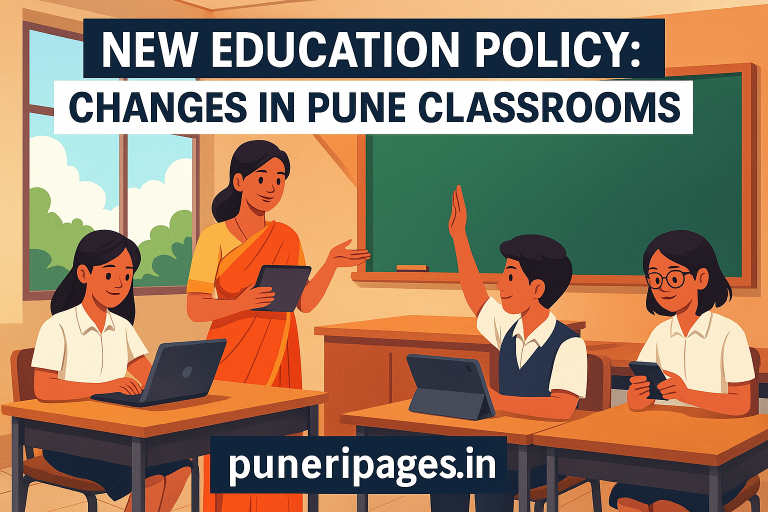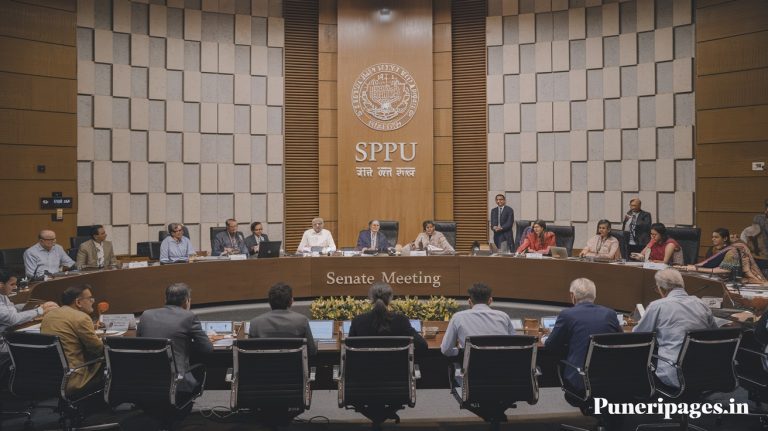
In response to rising incidents of discrimination—such as the recent targeting of Nepali students in Odisha—the University Grants Commission (UGC) has unveiled groundbreaking regulations to enforce equality in higher education. These measures aim to dismantle biases based on caste, language, gender, religion, and region, ensuring campuses become safe havens for all students. Here’s what you need to know.
1. Mandatory Equal Opportunity Centers (EOCs)
Purpose: Monitor and address discrimination across colleges/universities.
Structure:
- Chairperson: Institution’s head (e.g., Vice-Chancellor).
- Members:
- 4 senior professors
- 2 civil society representatives
- 2 student representatives
- 1 woman, 1 SC, and 1 ST representative
Role:
- Investigate grievances.
- Recommend disciplinary actions.
- Promote inclusive policies (e.g., language support for regional students).
2. Equality Squads & Ambassadors: Guardians of Campus Fairness
- Equality Squads: Conduct surprise checks in classrooms, hostels, and cafeterias to identify discriminatory practices.
- Equality Ambassadors: Student/faculty volunteers stationed in departments, libraries, and hostels to serve as first responders to complaints.
Why It Matters:
“A Tamil student mocked for their accent or a Dalit scholar excluded from group projects—these squads ensure such incidents are documented and acted upon.”
3. Complaint Mechanism: Justice for Students
Step-by-Step Process:
- Report: Submit grievances to Equality Squads (anonymous options available).
- Investigate: Squads probe complaints within 15 days.
- Act: EOC reviews findings and imposes penalties (e.g., suspension, fines).
- Appeal: Dissatisfied students can escalate to the institution’s ombudsman.
⚠️ Warning: False complaints will lead to penalties for the accuser.
4. Consequences for Non-Compliant Institutions
Colleges/universities ignoring UGC guidelines risk:
- 🚫 Ban on degree programs.
- 💸 Loss of UGC funding and grants.
- 📉 Exclusion from government schemes (e.g., RUSA).
5. Inviting Feedback: A Collaborative Approach
The UGC has opened a 30-day window for stakeholders (students, parents, NGOs) to submit suggestions. Share your voice:
- Email: ugcfeedback@nic.in
- Portal: UGC Official Website
Why This Matters
- For Students: Marginalized groups (SC/ST, linguistic minorities, women) gain institutional support to combat systemic biases.
- For Institutions: Proactive compliance avoids reputational damage and legal battles.
- For Society: Inclusive campuses foster innovation and social cohesion.
Challenges Ahead
- Implementation: Will understaffed rural colleges prioritize EOCs?
- Awareness: Training programs needed for squad members and ambassadors.
- Cultural Shift: Ending deep-rooted biases requires sustained effort.
Education loses its purpose if students face humiliation for their identity. The UGC’s bold move—backed by strict penalties and student representation—sets a precedent for equity in academia. As Nobel laureate Malala Yousafzai said, “One child, one teacher, one book can change the world.” Let’s ensure no child is left behind.
🗣️ “Have you faced or witnessed campus discrimination? Share your story anonymously in the comments. Together, we can hold institutions accountable.”






